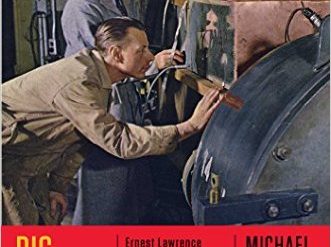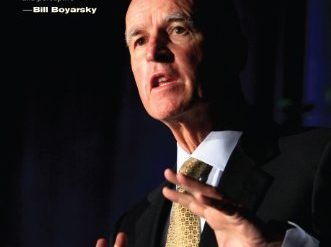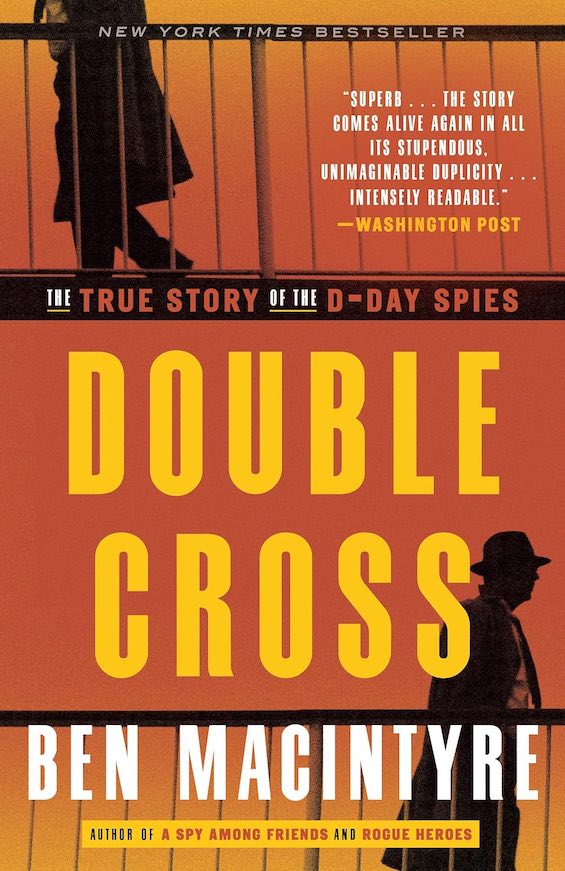Today we speak of “the imperial presidency” to reflect the staggering breadth of the power that the White House has amassed over the past century. And the term is more apt than ever today under the expansive view of presidential power that has motivated the Roberts Supreme Court to abet its further spread. But a century and a half ago, when Abraham Lincoln moved into the Executive Mansion, he confronted an array of challenges that overwhelmed the meager tools at his disposal to meet them. Yet four years later, after Lincoln fell to an assassin’s bullet, he had somehow taken on those challenges and subdued them—and the office he’d held had gained immeasurably in stature. Most of the most consequential events that produced this change took place in the year 1862, and the historian David Von Drehle brilliantly tells the story of Lincoln’s Rise to Greatness.
The challenges Lincoln faced on New Year’s day 1862
No American President, not even George Washington or Franklin D. Roosevelt, has encountered a more daunting set of challenges than did Abraham Lincoln as the year 1862 dawned. The U.S. Treasury was broke. The Union’s top general, Winfield Scott, was gravely ill. His War Department was corrupt and dysfunctional. Britain and France threatened to side with the Confederacy. His unstable and demanding wife, Mary Todd Lincoln, was embezzling government funds. Critics abounded, accusing him of incompetence. And Congress, his generals, his cabinet, and the Radical Republican abolitionists who dominated his party made conflicting demands on him. In Rise to Greatness, Von Drehle recounts Lincoln’s steady course through a perilous year as he led the republic to the cusp of victory—and the Emancipation Proclamation—precisely one year later.
Rise to Greatness: Abraham Lincoln and America’s Most Perilous Year by David Von Drehle (2012) 492 pages ★★★★★
Two men at loggerheads stymied Union action
If Rise to Greatness were a novel, the protagonists would be Abraham Lincoln and General George B. McClellan. And the president could hardly have faced a more problematic foe.
- Known as “Little Mac” or “Young Napoleon” for his short stature, the commander of the Army of the Potomac was the president’s nemesis. He refused to lead his troops into battle for months on end, constantly demanding reinforcements to match the wildly inflated numbers of Confederate troops he claimed to face.
- He was a West Point graduate who disparaged Lincoln’s military advice even after the president had studied the art and science of war in depth and was at least the general’s equal in both strategy and tactics.
- McClellan had no respect either for Lincoln personally or for the office he held. He refused to inform him about either his plans or the state of the battlefield, refusing week after week to communicate with what was then called the Presidential Mansion.
- But, most tellingly, McClellan was a Democrat, loyal to the Union but sympathetic to the South and a fierce opponent of emancipation. Von Drehle implies that McClellan deliberately held back his troops from taking the initiative when resolute action might have destroyed Robert E. Lee’s Army of Northern Virginia. McClellan favored an accommodation with the Confederacy that would preserve both the Union and slavery.
Just for example
Consider “Little Mac’s” frame of mind before the massive battle of Antietam in September 1962. His Army of the Potomac numbered 90,000 troops in active service. By contrast, Lee could count on about 30,000. But McClellan insisted he was badly outnumbered and, as always, called for reinforcements before he could move forward. As Von Drehle observes, “Victory lay before his eyes, but all he saw was disaster.” And this was but one example of the general’s endless foot-dragging.
So, why didn’t Lincoln fire the man?
Despite all this, Lincoln was unable to fire McClellan until nearly the end of the year. The general was the darling of the Unionist Democrats who held the balance of power in several states. Though not a fighting general, he was a genius at organization, training, and logistics. His troops loved him and might mutiny—or stage a military coup—if the president dismissed him. The unpopular president’s hands were tied until McClellan’s obduracy finally became obvious even to many of his supporters.
A momentous year by any measure
Although the rivalry between Lincoln and McClellan runs like a thread through Von Drehle’s account, the book abounds with other significant characters. The leading members of his Cabinet—his “Team of Rivals,” to use Doris Kearns Goodwin’s famous phrase—loom large in the story. Secretary of State William H. Seward, a former Whig and moderate Republican like Lincoln himself. Salmon P. Chase, the Secretary of the Treasury, detested Seward and fed negative and often manufactured information about him to his enemies in Congress. Edward Bates, the Attorney General, the most conservative member of the group who prevented it from reaching unanimity on important issues. And, among still others, Secretary of War Edwin Stanton, whose respect for Lincoln grew steadily through the year.
A banner year for Congress
But some of the most significant events of the year 1862 took place not within the Administration but in Congress. Ever since the days of Andrew Jackson, momentum had built behind a set of nation-building measures that would ensure the growth of the United States into a world power. But the weight of conservative Southerners in Congress prevented the advocates—first, the Whigs, then the Republicans—from garnering the necessary votes. Secession changed that. And a flood of major legislation issued forth from Capitol Hill. These actions included:
- The Homestead Act, which provided land to settlers in the West
- The Pacific Railway Acts, supporting the construction of the transcontinental railroad
- A major move toward emancipation with the Second Confiscation Act, which declared free the slaves of those found guilty of engaging in rebellion against the Union
- And the Morrill Land-Grant Act that established land-grant colleges later numbering more than 100 and including such institutions as the University of California, Berkeley, Cornell University, and Texas A&M University.
Von Drehle doesn’t single out the legislators most responsible for these bills. His focus remains squarely on Lincoln. But, Lincoln did sign all this legislation.
About the author
The American journalist and author David Von Drehle was born in Denver, Colorado, in 1961. With a BA from the University of Denver, he earned a Master of Letters from the University of Oxford. A former sports writer for the Denver Post and the Miami Herald, he later served as the New York bureau chief for the Washington Post and as an Editor-at-Large for Time. He is now an opinion columnist for the Washington Post. Von Drehle is the award-winning author of five nonfiction books.
For related reading
For an excellent account of the machinery that helped the Union win the Civil War, see Civil War Barons: The Tycoons, Entrepreneurs, Inventors, and Visionaries Who Forged Victory and Shaped a Nation by Jeffry D. Wert (How inventors and businessmen won the Civil War for the Union).
You’ll find other enlightening books on similar themes at:
- 12 great biographies
- Top 20 popular books for understanding American history
- Top 10 nonfiction books about politics
And you can always find the most popular of my 2,300 reviews, and the most recent ones, on the Home Page.

































